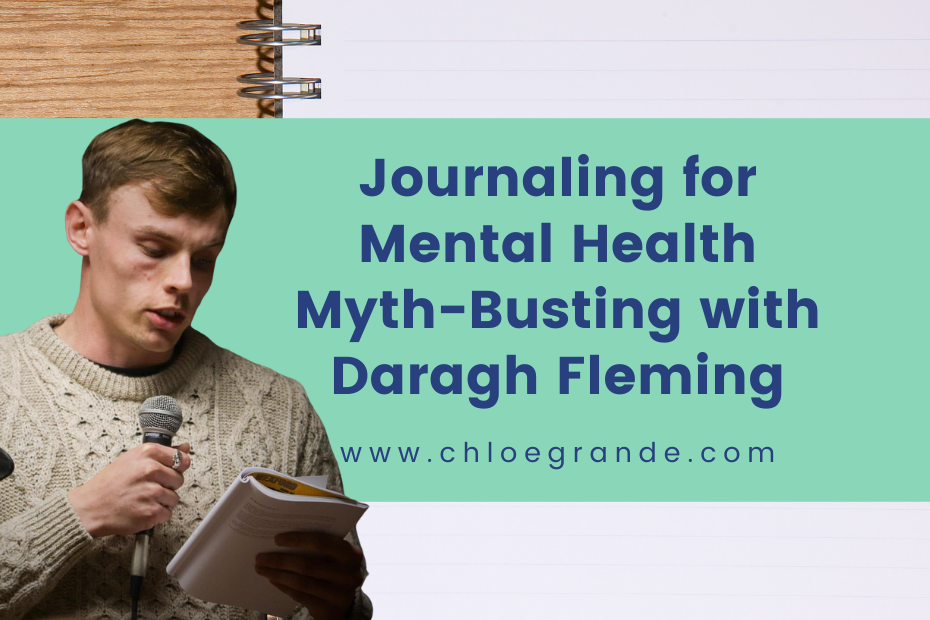It’s rare to find someone that lets us feel 100% comfortable in our own skin, who never passes judgement or makes comments on our appearance. For me, that friend has been Emily Gong.
I met Emily in first-year university, when I was secretly struggling with an eating disorder relapse. She was one of the few people I enjoyed eating meals with, thanks to her judgement-free approach to food. Around her, I felt I could let my guard down and even challenge some of the strict rules my eating disorder had created.
In my eyes, Emily has always been a beacon of body positivity and artistic inspiration, who radiates kindness. She’s a seriously talented artist, researcher and co-founder of the Asian Arts & Culture Trust (AACT). What I didn’t realize is that Emily faced her own body image struggles growing up as a teenage model and Chinese immigrant.
This Q&A is based on an Instagram Live conversation I had with Emily back in February for Eating Disorder Awareness Month, where she gives us a backstage look at the modelling industry and shares the impact her Chinese upbringing had on her body image.
Q: What’s it like to be in the modelling industry at such a young age?
A: I was 13 when I started doing runway modelling and surrounded by people who were older, like 18 years old and up. They would talk about how much they worked out, what liquid diets they were on, how often they skipped meals. A lot of times, other models didn’t think that diet culture or restrictive eating was abnormal. It was very much ingrained in their worldview.
With modelling, your worth becomes so attached to your appearance. It wasn’t the nicest atmosphere to be in, especially when you’re so young. What you’re exposed to as a teenager really makes a difference during those formative years.
Learn more: How Fashion Models Should Tend to Their Mental Health

Q: How did you combat the pressures of the modelling industry?
A: I was always passionate about other things outside of modelling, like the arts. I was in student council and had a lot of diverse interests and saw my life path going in a very different direction. Modelling is super glamorous, but it’s very superficial at the same time. It was important for me to look at my life beyond my appearance.
I also found that modelling lacked meaning. A lot of times you’re around people and they’re like, “I’m so excited for my nose job next week!” And that gets you thinking, “Is there something wrong with me?” It makes you more self-critical, but not in a healthy or productive way.
Learn more: 121 Compliments That Go Deeper Than Appearance
Q: What was it like growing up as a Chinese immigrant?
A: As a kid, I felt quite uncomfortable eating in front of others. I remember that when I was six, my mom would pack me these great Chinese lunches and everyone else had sandwiches. I wanted to fit in with them. People would also make fun of me for being a slow eater. Then when I got my growth spurt and was no longer a chubby kid, people would think I was throwing up my food.
It goes back to the problem of unsolicited food comments that you’ve talked about in your blog posts. These comments are so unnecessary and can be very harmful.
Learn more: Unpacking Eating Disorders in the Workplace
Q: How does Chinese culture differ in its approach to mental health?
A: I think in Chinese culture, mental health is generally a taboo topic to talk about. It’s really unfortunate because the person that’s going through something difficult will feel unsupported. I do see things improving with more mental health resources and am hopeful for the next generation.
There’s also a big part of Chinese culture where if you haven’t seen someone in a while, it’s okay to make comments about their weight. In China, weight stigma can be quite gendered, as women are supposed to appear fragile and weak. It makes me think about how this is linked to the social structures of power. What’s wrong with being a strong woman? Isn’t that what me and many others are striving to be?
Learn more: The Truth About Asian Women and Eating Disorders
Where to find Emily online
- Asian Arts & Culture Trust: https://www.aact.community
- Personal website: https://emilygong.art
- Instagram: @g_em_

A huge thanks to Emily for being so open, articulate and thoughtful about her lived experiences. She’s truly an example for strong women everywhere.
Our conversation left me with so much to think about, especially given how little I knew about the dark side of modelling and what it feels like to grow up Chinese in Canada.
How can the modelling industry better protect young girls? Will we ever stop commenting on how and what people eat? Is there a way to ensure people from other cultures feel more comfortable talking about mental illness? (If you have answers to some of these afterthoughts, let me know in the comments!).
As I keep learning, body image and food issues are themes that touch the lives of people everywhere, no matter their background or experience. We really don’t know what someone has been through until we hear it first-hand from them.




This post is such an important reminder of how diverse eating disorders and mental illnesses are. It’s so scary how negative body image and ED behaviours infiltrate nearly everywhere. Emily sounds so lovely and kind – it really is refreshing to hear how comfortable you feel around her, and how non-judgmental, and body-positive she is!
This is such great feedback, thank you Victoria! It’s shocking how pervasive diet culture and normalized eating disorder behaviour is, no matter our backgrounds or upbringing. Aw, Emily is truly lovely. I think you and I can both appreciate the importance of having non-judgemental, open-minded and understanding friends. I appreciate you so much! ❤️
WOW !!! such fabulous links and such an expansion of the North American, Caucasion view of ED . You’ve hit it out of the park – again- Chloë <3
Thanks so much! I really have to thank Emily for being so open about her experience with her Chinese upbringing, so I could see the differences between disordered eating, body image and eating disorders here.